This phenomenon raises a painful question: Why are young children caught up in such fierce competition?
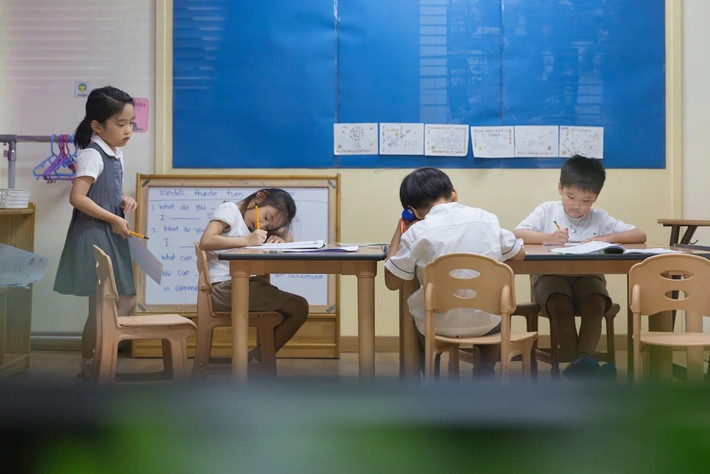
In South Korea’s rigorouseducational culture, the concept of “early childhood education” has gone far beyond the realm of reasonable preparation. The country’s obsession with prestigious universities is often cited as the root of the education fever. It has turned into an all-out race – starting in kindergarten, continuing through adolescence, and ending only with a seat at prestigious universities like Seoul National University, Yonsei University, or Korea University.
From kindergarten to... university: the never-ending race
In South Korea, getting into a top university is not only a source of pride, but also a measure of social worth. Fields of study such as medicine, law, and engineering – especially medical school – are seen as the pinnacle of status and wealth. This creates invisible pressure, forcing many families to calculate their children’s learning strategies from the time they can barely read, hoping to give them a head start.
After-school tutoring centers, or hagwons, have long served the need for after-school learning. But in recent years, the emergence of baby hagwons—which specialize in training preschoolers—shows the widespread fear of “falling behind” at age 4.
“We can’t help but send our daughter to extra classes,” said a parent surnamed Kim, whose five-year-old daughter is a mother. “Other kids are already taking intensive math and English vocabulary lessons. If we don’t do anything, she will fall behind from the start.”
According to local news agencies, an entrance exam for 7-year-olds at a private math center in Gangnam has sparked controversy because the content was so difficult that even students at Seoul National University found it “very difficult” and even thought it was only for specialized high school students.
Some hagwon entrance exams for kindergarteners have even been reported to include middle- or high-school math concepts—like complex number sequences, spatial geometry, or layered logic. Deliberately difficult questions are a common tactic to filter out “excellent” students and stoke parental fear. Many centers even warn that “a 4-year-old who doesn’t take advanced courses today will be “left behind.”
Under social pressure, many parents have no choice but to jump into this costly race. According to statistics from the South Korean Ministry of Education, spending on private education in 2024 hit a record high – more than $26 billion, up nearly 10% from the previous year, despite the government’s repeated promises of reform.
Adding to this is the instability of university admissions policy: over the past two decades, the system has changed constantly – sometimes prioritizing national exam scores, sometimes shifting to considering academic records, then back to combining interviews and essays. Each reform, instead of reducing pressure, has forced parents to invest more in extra classes to “preemptively prepare for all scenarios”.
Many people believe that not all parents want to force their children. But the system is constantly changing, forcing them to react as if they were trading stocks, and no one dares to stand still.
The consequences go beyond cost and parental fatigue. Education and psychology experts warn that forcing children to learn too early can hinder their natural emotional and creative development.
Several studies in Korea have shown that children exposed to stressful learning environments too early often have difficulty regulating emotions, poor social skills, and lack the ability to adapt in unstructured environments such as creative play or group activities.
Many college students in South Korea, despite having a solid academic foundation from kindergarten, lack flexibility in their thinking. They are accustomed to learning mechanically, are reluctant to be creative, and are reluctant to explore new things outside of the norm. As a result, many students fall into a state of burnout, and prolonged stress leads to mental health problems. Even the best students can lack resilience and intellectual curiosity – qualities that are often nurtured by a balanced, unstructured childhood.
More than policy is needed
The South Korean government has introduced a series of measures to control the situation of private tutoring, such as limiting the operating hours of hagwons and banning “tricky” exam questions in the university entrance exam. However, these efforts have not yet brought about clear results.
The problem is not just one of education policy, but also a manifestation of deeper social problems: slow economic growth, high youth unemployment and increasingly limited opportunities for advancement through conventional pathways. Without comprehensive structural reforms, from the labor market to the social security system, any effort to reform education will be a “snowstorm”.
Institutional reforms must slow the race by stabilizing university admissions policies, expanding public access to high-quality kindergartens, and ensuring credible oversight of early childhood education providers. But even the best-intentioned reforms will struggle to gain traction if families continue to view private tutoring, and especially early tutoring, as the only hedge against an uncertain future.
For cultural change to happen, policymakers must reassure families that their children will not be left behind by choosing a normal, authentic childhood, where they can play, explore, and grow up healthy.
Childhood is not an entrance exam to be crammed, but a stage of life to be nurtured. The current craze suggests that South Korean society may have forgotten this. The country’s education system has raised literacy levels and opportunities across the country, fueling economic and social growth. Next, the country must break the cycle of extreme educational competition and focus on what really matters in learning.
In a world full of degrees, knowing when to stop is the wise thing to do. Korean children deserve to live, not just… study to live.
Source: https://daibieunhandan.vn/ky-thi-tuyen-sinh-mau-giao-o-han-quoc-cuoc-dua-khong-hoi-ket-post411922.html


![[Photo] General Secretary To Lam chairs a working session with the Central Internal Affairs Commission](https://vphoto.vietnam.vn/thumb/1200x675/vietnam/resource/IMAGE/2025/5/22/3b7790f499da45b2803d8ae253207ef1)


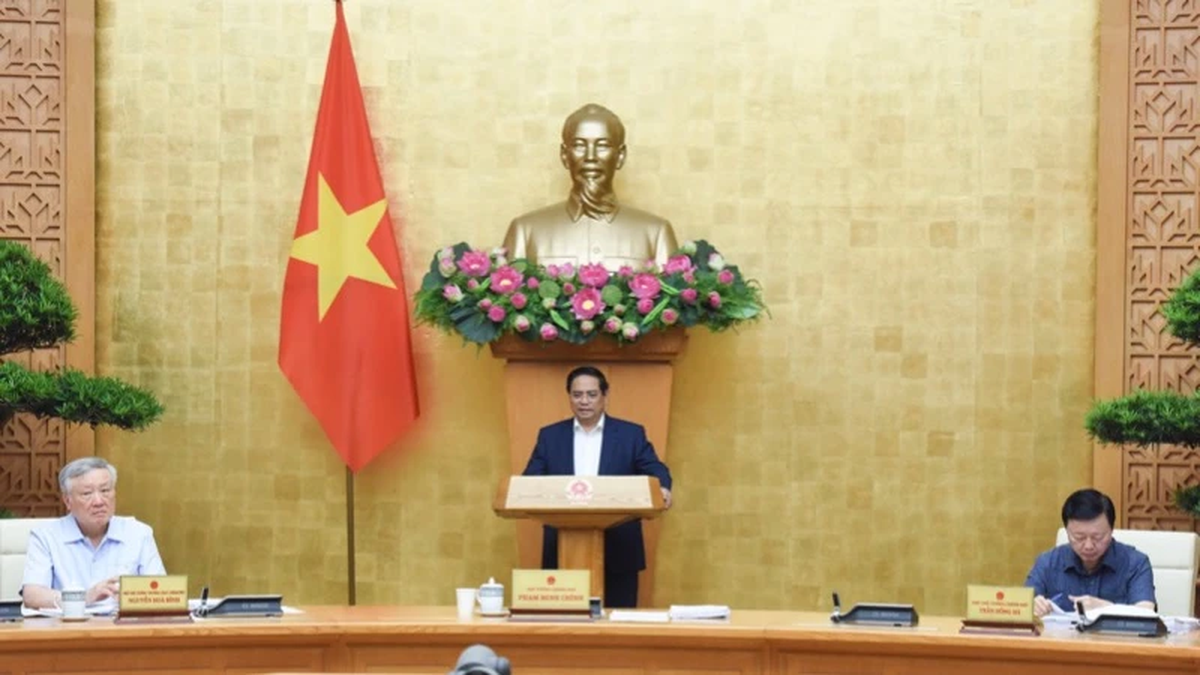
![[Photo] Prime Minister Pham Minh Chinh chairs the Government's special meeting on law-making in May](https://vphoto.vietnam.vn/thumb/1200x675/vietnam/resource/IMAGE/2025/5/22/1c880aae96fd4e0894abc47a46fe19ba)

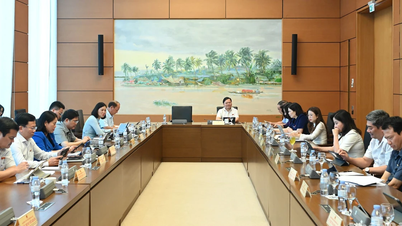

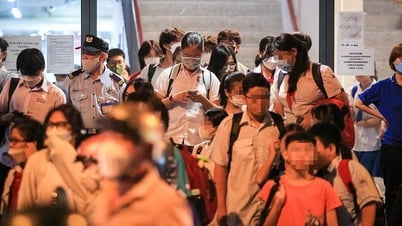

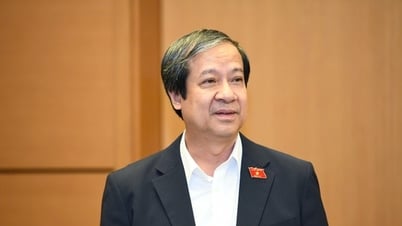

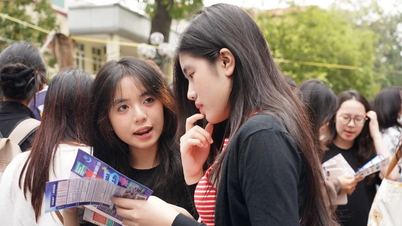
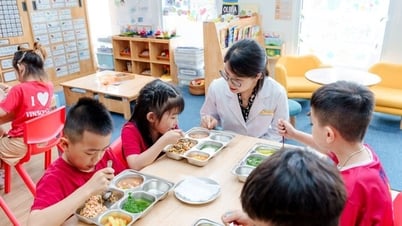

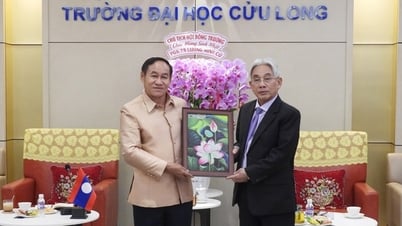



















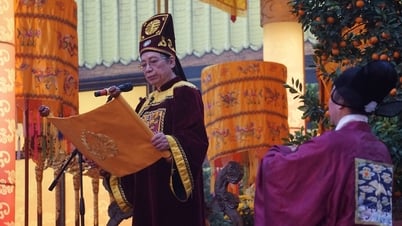

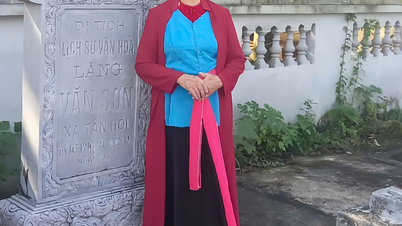












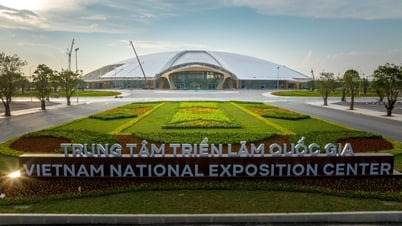

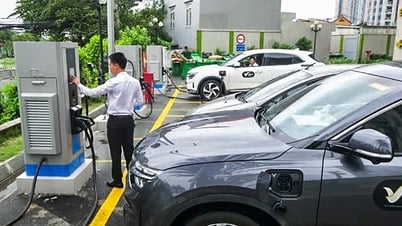

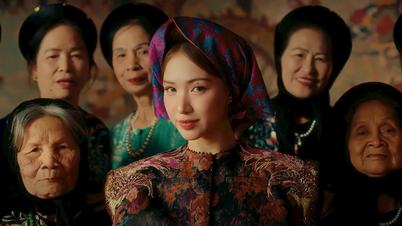






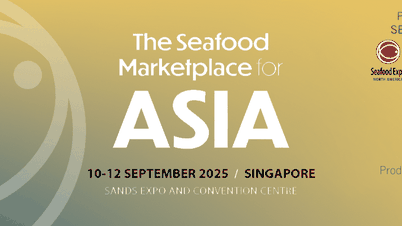

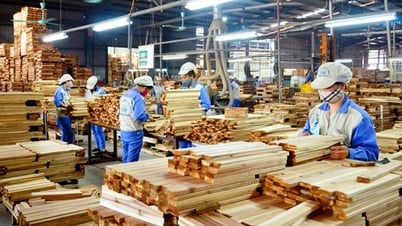
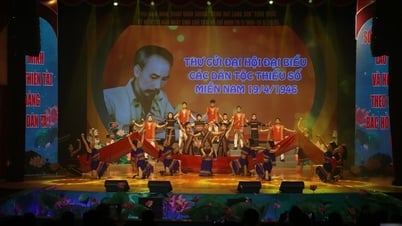

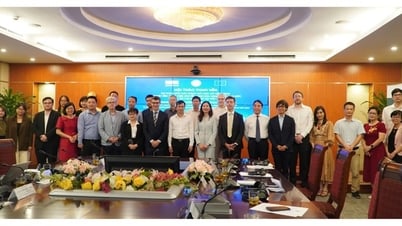


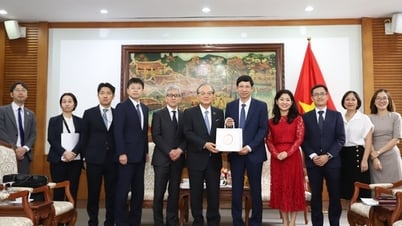


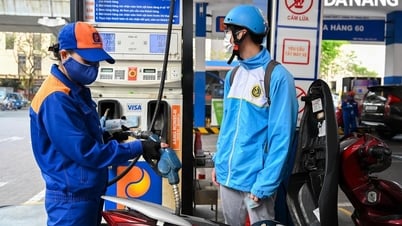



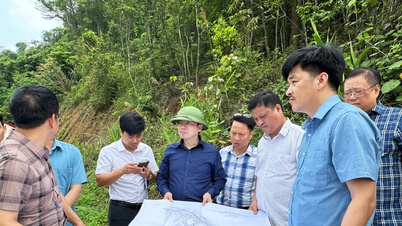



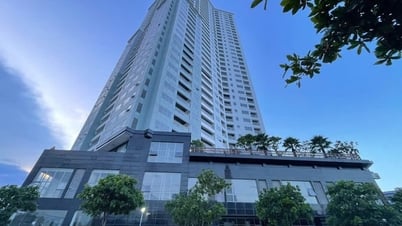
![[Podcast] Week introducing more than 500 OCOP products in Hanoi](https://vphoto.vietnam.vn/thumb/402x226/vietnam/resource/IMAGE/2025/5/22/d144aac2416744718388dbae3260e7fd)





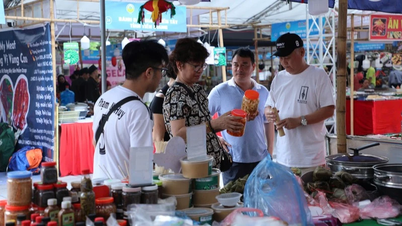
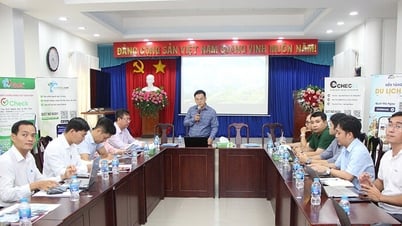

Comment (0)